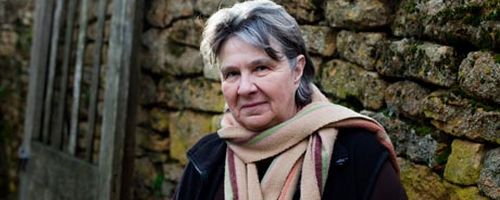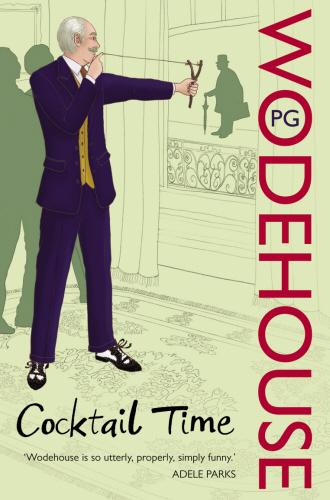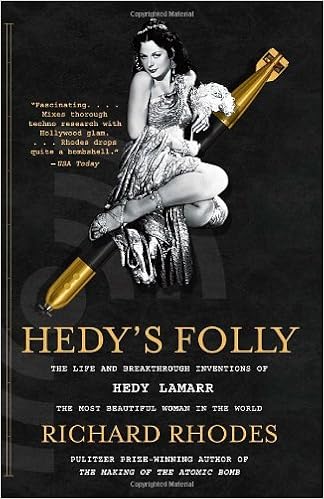Susan Hill, Howards End is on the Landing
And so I remained, as I remain to this day, a plodder. I still read books one word at a time, instead of one page at a time. I am on course to read more than 100 books this year, the most I have ever read in one year. Some years I barely reach 50. My record is 90, but I am already at 86 as September draws to a close. This has nothing to do with reading faster, or reading short books (I have read several under 200 pages, but also several long books, including one I'm currently reading that's nearly 800 pages long.) No, if I am to read more books, I just have to spend more time reading.
I know of people who read a book every night before they go to sleep, and I do envy them. It would be great to be able to read 365 books a years instead of, in a good year, one-fourth of that number. Yet I feel better after reading what Susan Hill has to say in her book Howards End is on the Landing. She writes, "The best books deserve better. Everything I am reading ... has so much to yield but only if I give it my full attention and respect it by reading it slowly. Fast reading of a great novel will get us the plot. It will get us names, a shadowy idea of characters, a sketch of settings. It will not get us subtleties, small differentiations, depth of emotion and observation, multilayered human experience, the appreciation of simile and metaphor, any sense of context, any comparison with other novels, other writers." She goes on in that vein, and I recommend you locate the book and read the rest of what she has to say on the subject. But you get get the idea. Slow reading offers pleasures that speed reading cannot.
After reading a particularly good passage in a book, I like to go back and reread it, sometimes three or four times. I make notes, and sometimes copy a good line in a journal I keep for that purpose. I like to stop and think about what I have just read. If I were racing for the finish line, there would be no time for such things.
Reading a book is like walking the Appalachian Trail (I recently watched A Walk in the Woods) or driving to Florida (something I will be doing again in a few weeks). It's not just about reaching the destination. It's also about enjoying the journey.









